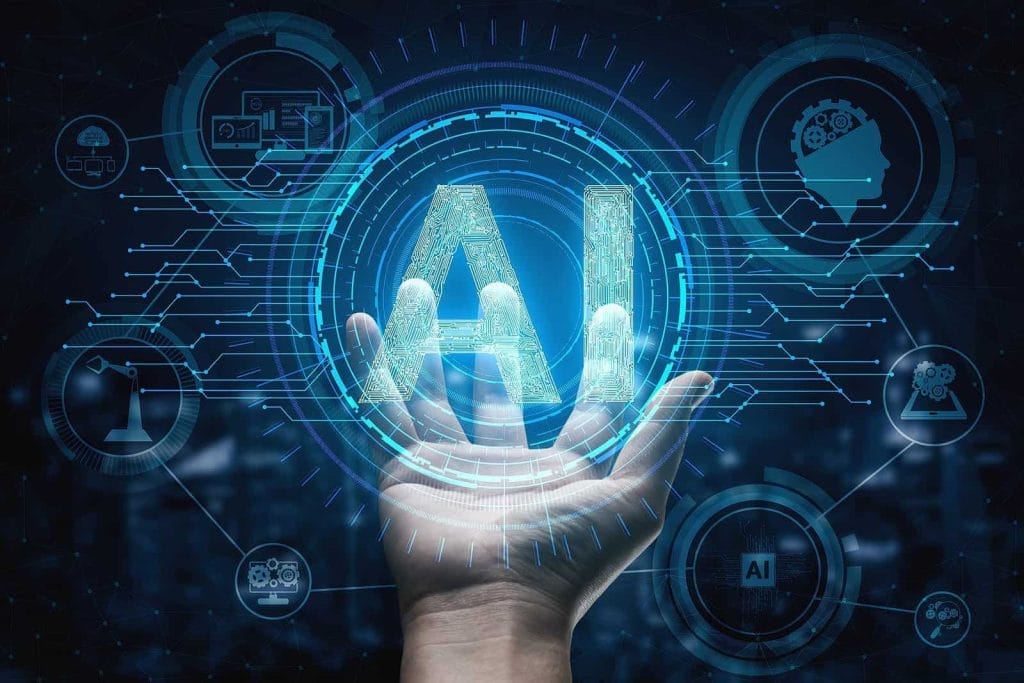The Rise of ChatGPT and AI: Transforming Communication and Beyond
July 5, 2024 2024-07-05 10:31
The Rise of ChatGPT and AI: Transforming Communication and Beyond
Artificial Intelligence (AI) has made remarkable strides in recent years, with one of its most impressive advancements being the development of sophisticated conversational agents like ChatGPT. These AI-powered chatbots have transformed the way we interact with technology, offering new possibilities in communication, customer service, education, and various other fields. This article explores the evolution of ChatGPT, its applications, benefits, and the future of AI-driven conversational agents.
The Evolution of ChatGPT
ChatGPT, developed by OpenAI, is a powerful language model that uses deep learning techniques to generate human-like text based on the input it receives. The journey of ChatGPT began with earlier models like GPT-1 and GPT-2, which set the groundwork for understanding and generating natural language. With the release of GPT-3 and the subsequent iterations, the capabilities of these models have expanded exponentially.
The core of ChatGPT’s functionality lies in its transformer architecture, a type of neural network designed to handle large-scale language tasks. By training on vast amounts of text data from the internet, ChatGPT learns to predict the next word in a sentence, enabling it to generate coherent and contextually relevant responses.
Applications of ChatGPT
- Customer Service: ChatGPT has revolutionized customer service by providing instant, 24/7 support. Businesses use AI chatbots to handle common inquiries, troubleshoot issues, and guide customers through various processes, freeing up human agents to tackle more complex problems.
- Education: In education, ChatGPT serves as a virtual tutor, assisting students with homework, explaining difficult concepts, and providing personalized learning experiences. It can also support educators by generating lesson plans and answering questions about a wide range of subjects.
- Healthcare: AI chatbots in healthcare help patients schedule appointments, access medical information, and receive reminders for medications. While not a replacement for professional medical advice, these chatbots improve accessibility and efficiency in healthcare services.
- Content Creation: ChatGPT aids in content creation by generating ideas, writing articles, and editing text. Writers and marketers use AI to overcome writer’s block, streamline content production, and enhance creativity.
- Language Translation: The ability of ChatGPT to understand and generate text in multiple languages makes it a valuable tool for real-time translation and communication across language barriers.
- Personal Assistants: AI-powered personal assistants manage schedules, send reminders, and help with daily tasks, making life more organized and efficient for users.
Benefits of ChatGPT
- Efficiency and Accessibility: ChatGPT provides quick and efficient responses, making information and services more accessible to users. It operates around the clock, ensuring that support is available whenever needed.
- Cost-Effective: Implementing AI chatbots can significantly reduce operational costs for businesses by automating routine tasks and minimizing the need for extensive human labor.
- Personalization: ChatGPT can tailor its responses based on user preferences and previous interactions, providing a more personalized experience.
- Scalability: AI chatbots can handle numerous conversations simultaneously, allowing businesses to scale their customer support without compromising quality.
- Continuous Learning: ChatGPT continuously learns from interactions, improving its performance over time. This adaptability ensures that the AI remains relevant and effective as language and user needs evolve.
Challenges and Ethical Considerations
While ChatGPT and similar AI technologies offer numerous benefits, they also present challenges and ethical concerns:
- Bias and Fairness: AI models can inadvertently learn and perpetuate biases present in the training data. Ensuring fairness and reducing bias in AI-generated responses is a critical concern.
- Privacy: Handling sensitive information through AI chatbots raises privacy issues. It’s essential to implement robust data protection measures to safeguard user information.
- Dependence on AI: Over-reliance on AI for critical tasks can lead to challenges if the technology fails or produces incorrect information. Human oversight remains necessary to ensure accuracy and reliability.
- Job Displacement: The automation of tasks traditionally performed by humans can lead to job displacement. Balancing technological advancement with workforce impact is crucial for sustainable development.
The Future of AI and ChatGPT
The future of AI-driven conversational agents like ChatGPT is promising. As technology advances, we can expect even more sophisticated and versatile AI models. Key areas of development include:
- Enhanced Understanding: Improving the contextual understanding of AI to handle more complex and nuanced conversations.
- Multimodal Capabilities: Integrating text, voice, and visual inputs to create more interactive and immersive experiences.
- Domain-Specific Expertise: Developing specialized AI models tailored to specific industries, such as legal, financial, and technical fields.
- Ethical AI: Focusing on ethical AI development to ensure fairness, transparency, and accountability in AI interactions.
- Human-AI Collaboration: Enhancing collaboration between humans and AI to leverage the strengths of both, leading to more efficient and innovative solutions.
Conclusion
ChatGPT and AI-driven conversational agents are transforming the way we communicate and interact with technology. Their applications span various fields, offering efficiency, personalization, and scalability. While challenges and ethical considerations exist, the future of AI holds immense potential for further advancements. By embracing these technologies thoughtfully and responsibly, we can harness the power of AI to enhance our lives and drive progress in numerous domains.
Related Posts
The Rise of ChatGPT and AI: Transforming Communication and Beyond
July 5, 2024 2024-07-05 10:31Popular Tags






























